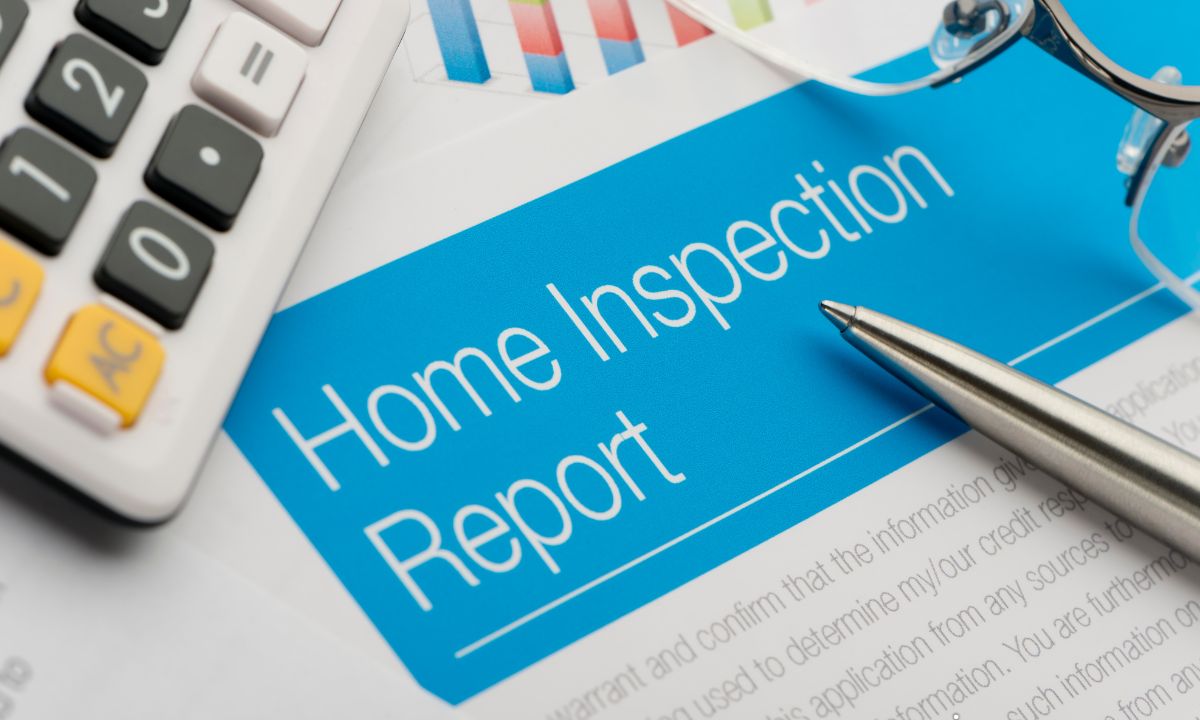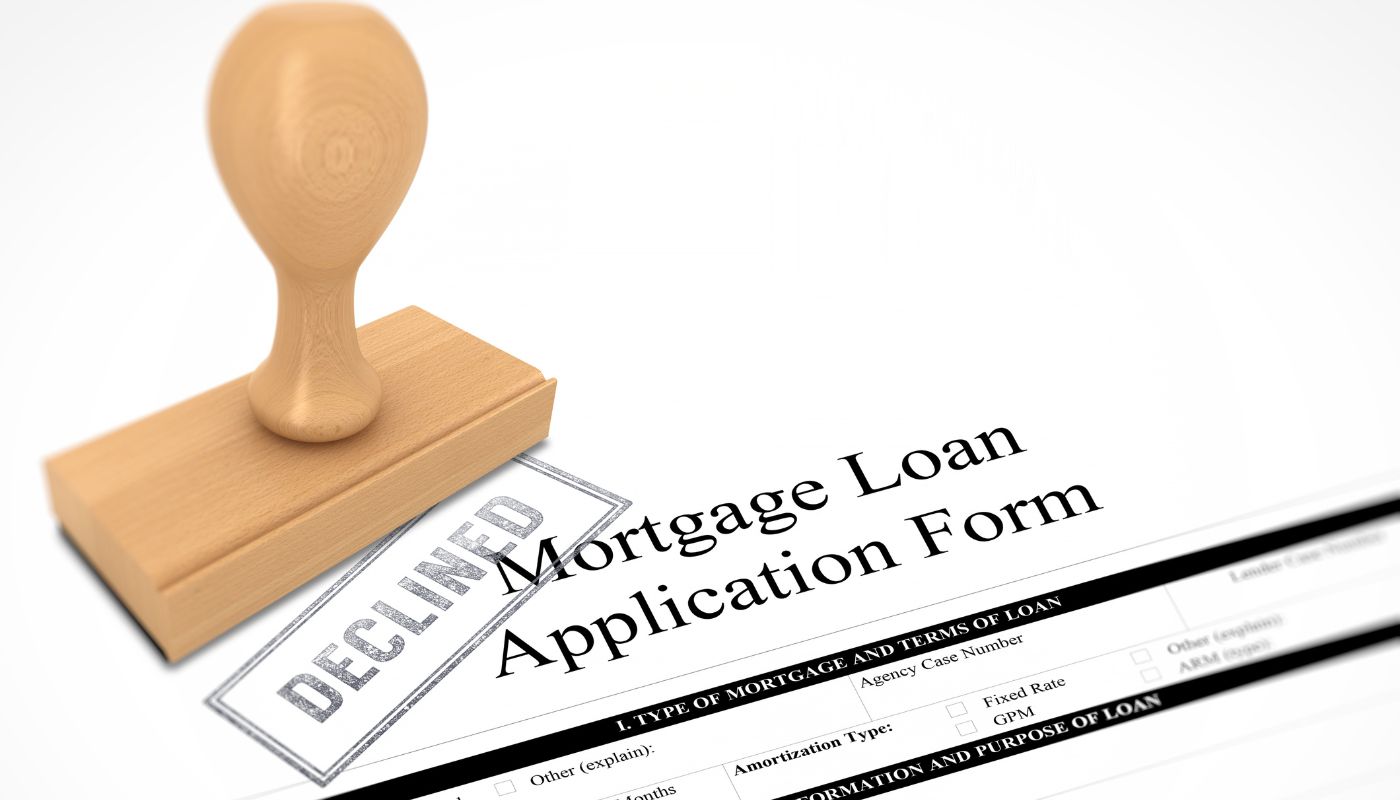Negotiating Repairs After a Home Inspection
 So, you’ve found your dream home, made an offer, and had the home inspection done. But wait—what happens next? For many homebuyers, negotiating repairs after a home inspection can be a daunting task. However, with the right approach and some negotiation skills, you can ensure that your new home is in tip-top shape without breaking the bank.
So, you’ve found your dream home, made an offer, and had the home inspection done. But wait—what happens next? For many homebuyers, negotiating repairs after a home inspection can be a daunting task. However, with the right approach and some negotiation skills, you can ensure that your new home is in tip-top shape without breaking the bank.
1. Understand the Inspection Report
The first step in negotiating repairs is to thoroughly review the inspection report. Take note of any major issues that could affect the safety or structural integrity of the home. These are the items that should be your top priority during negotiations.
2. Prioritize Your Requests
Not every item in the inspection report warrants negotiation. Focus on the repairs that are essential for the functionality and safety of the home. Structural issues, electrical problems, plumbing leaks, and issues with the roof should be at the top of your list.
3. Consult Your Realtor
Your real estate agent is your partner in the negotiation process. They can provide valuable insight into which repairs are reasonable to request and how to approach negotiations with the seller. Lean on their expertise to guide you through the process.
4. Be Reasonable
While it’s important to advocate for necessary repairs, it’s also crucial to be realistic in your expectations. Remember that no home is perfect, and some wear and tear are to be expected, especially in older homes. Focus on addressing the most critical issues rather than nitpicking every minor flaw.
5. Get Quotes
Before entering into negotiations, obtain quotes from licensed contractors for the repairs you’re requesting. Having concrete estimates will give you leverage during negotiations and help ensure that the requested repairs are fairly priced.
6. Be Open to Compromise
Negotiations are a give-and-take process. Be prepared to compromise with the seller, especially if they are willing to address some of your concerns but not all of them. Consider alternative solutions or concessions that could satisfy both parties.
7. Put It in Writing
Once you’ve reached an agreement with the seller regarding repairs, make sure to document the details in writing. A formal addendum to the purchase agreement outlining the agreed-upon repairs and timelines will help prevent misunderstandings down the road.
8. Consider Credits
In some cases, the seller may offer credit towards closing costs instead of making repairs themselves. Evaluate whether this option makes sense for you financially and factor it into your negotiations if it aligns with your preferences.
9. Stay Focused on the Big Picture
While negotiating repairs can be stressful, it’s important to keep the big picture in mind. Ultimately, the goal is to ensure that the home is safe, functional and meets your needs. Don’t let minor issues derail the entire process.
10. Know When to Walk Away
If the seller is unwilling to address significant issues uncovered during the inspection, you may need to reconsider whether this is the right home for you. Don’t be afraid to walk away from the deal if you feel that the seller is unwilling to negotiate in good faith.
Navigating negotiations after a home inspection requires patience, clear communication, and a willingness to compromise. By following these tips and staying focused on your priorities, you can successfully navigate the negotiation process and move one step closer to making your dream home a reality.

 There are lots of people who have heard that one of the top ways to ensure the best mortgage rate possible is to refinance. At the same time, it is critical to make sure that this process is planned out accordingly.
There are lots of people who have heard that one of the top ways to ensure the best mortgage rate possible is to refinance. At the same time, it is critical to make sure that this process is planned out accordingly. If you have been declined for a mortgage, you may think that buying that new home is out of reach. However, there are ways to turn a rejection into an approval and to find a more accessible loan. Here are just a few steps you can take to learn about your loan options and get the mortgage that works for you.
If you have been declined for a mortgage, you may think that buying that new home is out of reach. However, there are ways to turn a rejection into an approval and to find a more accessible loan. Here are just a few steps you can take to learn about your loan options and get the mortgage that works for you.